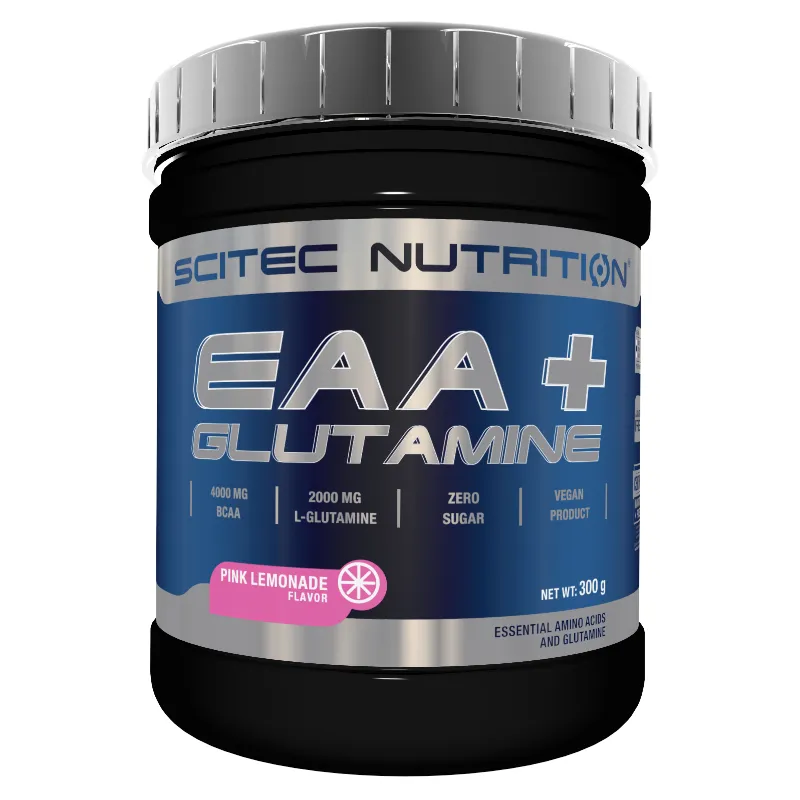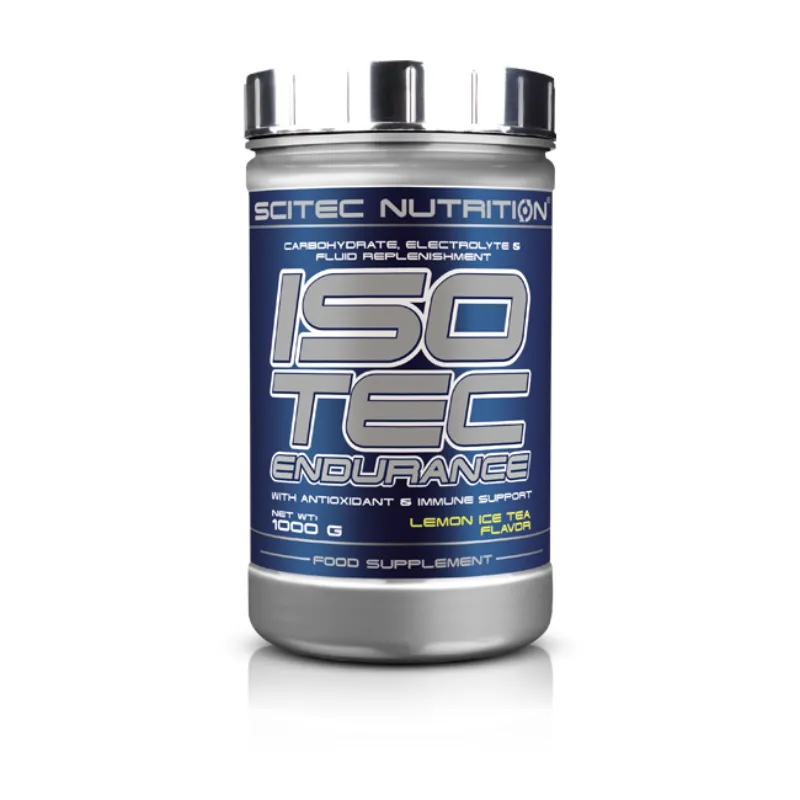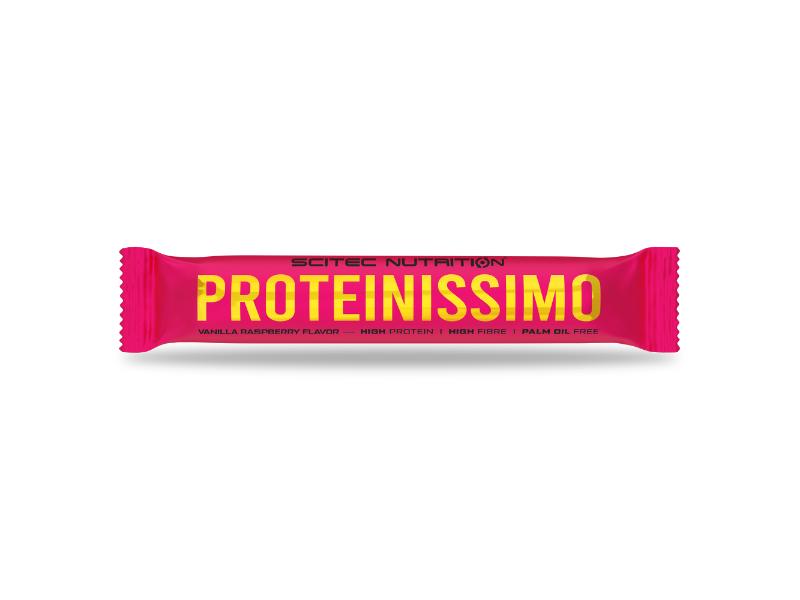What does BCAA do exactly? BCAA (Branched-Chain Amino Acids), a trio of essential amino acids, have taken the fitness and health industry by storm. These small, yet powerful nutrients, known as leucine, isoleucine, and valine, have proven to play a critical role in everything from muscle building and recovery to energy production. But what exactly makes BCAA so unique? And why have they become a must-have supplement for athletes and health-conscious individuals all over the world?
We will dive into the science behind BCAA, explore their many benefits, and clarify some of the most common myths and misconceptions surrounding them. Whether you’re a professional athlete, an avid exercise enthusiast, or simply curious about how your diet can affect your performance and well-being, this post is for you.
Take a look at our EAA+ Glutamine.

If you have been involved in fitness or nutrition, you have probably come across the term BCAA. Branched-Chain Amino Acids is a topic that has garnered significant attention in the health and fitness world. But what exactly does BCAA do for the body, and why has it become so popular? In this post, we will explore BCAA’s role in muscle growth, recovery, and energy production.
BCAA consists of three essential amino acids: leucine, isoleucine, and valine. These amino acids are ‘essential’ because the body cannot produce them itself – they must be supplied through our diet. One of the most prominent roles BCAA plays in the body is their influence on muscle growth.
Leucine, in particular, is known for stimulating protein synthesis in muscles. Protein synthesis is the process by which the body builds new proteins, and it is crucial for muscle growth. When you exercise, muscle proteins are broken down, and leucine helps initiate the process of rebuilding them – bigger and stronger. This means that a sufficient intake of BCAA can help speed up muscle building after exercise.
BCAA also plays an important role in recovery after exercise. Intense physical activity leads to muscle fatigue and breakdown. Here, BCAA comes into the picture by reducing damage to the muscles and accelerating the repair process. This happens by reducing the amount of protein breakdown during exercise and increasing protein synthesis after exercise.
Additionally, BCAA has been shown to reduce fatigue by influencing the production of serotonin in the brain. Serotonin is a neurotransmitter that contributes to the feeling of fatigue during and after exercise. By countering this effect, BCAA can help you train harder and longer.
During exercise, BCAA can also serve as an important energy source. When glycogen stores (the body’s primary energy source during high-intensity exercise) begin to deplete, the body can start breaking down amino acids for energy. BCAA’s, especially valine and isoleucine, are among the amino acids that can be converted into glucose and used as energy.
This means that a sufficient intake of BCAA before and during exercise can not only improve performance but also prevent or delay fatigue by supplementing the body’s energy reserves.
BCAA’s influence on muscle growth, recovery, and energy production makes them an indispensable part of many athletes’ and fitness enthusiasts’ diets. Whether you are a professional athlete or a weekend warrior, adding BCAA to your diet can help improve your performance, speed up your recovery, and optimize your training. However, always remember that a balanced and varied diet is key to optimal health and performance.
BCAA can be a powerful tool in your fitness toolbox, but it is important to remember that they are most effective when used as part of an overall healthy lifestyle.
In the fitness and nutrition world, BCAA supplements have become popular for their many benefits, including muscle building, reduced fatigue, and improved endurance. Let’s dive into the scientific studies that support these benefits and share personal stories and testimonials from athletes and trainers who have experienced the effects of BCAA first-hand.
BCAA, which stands for Branched-Chain Amino Acids, are essential amino acids that play a key role in muscle growth and recovery. One of the most recognized benefits of BCAA is its ability to promote muscle protein synthesis. According to a study published in “The Journal of Nutrition,” it was found that leucine, one of the three BCAAs, can activate a significant pathway in muscle protein building.
Another benefit of BCAA is the reduction of fatigue during prolonged exercise. A study shown in the “Journal of Sports Medicine and Physical Fitness” reported that participants who took BCAA supplements experienced less fatigue and better mental focus during endurance training.
Furthermore, BCAA has been linked with improved muscle recovery. In an article from the International Journal of Sport Nutrition and Exercise Metabolism, it was concluded that BCAA can reduce muscle damage and pain after intense training, contributing to faster recovery.
Many trainers highlight the role of BCAA in optimizing training results. They emphasize the importance of combining BCAA supplements with a balanced diet and regular training to achieve the best results. Additionally, they advise choosing quality products and being mindful of proper dosage.
BCAA supplements offer a range of benefits that are supported by both scientific research and personal experiences. From promoting muscle growth and reducing fatigue to improving endurance and speeding up recovery, BCAA can be a valuable addition to your training routine. However, remember that it is important to combine supplements with a healthy lifestyle to achieve optimal results.
Whether you are a professional athlete or a fitness enthusiast, BCAA supplements can help you reach your goals and enhance your overall training experience.
Branched-Chain Amino Acids (BCAA) are crucial for our body’s muscle building and recovery. While many choose to take BCAA supplements, it is also possible to obtain these important amino acids through diet. We will take a closer look at foods rich in BCAA and how you can integrate them into your daily diet. We will also compare the benefits of natural BCAA in food with BCAA supplements.
Foods Rich in BCAA
BCAA consists of three essential amino acids: leucine, isoleucine, and valine. Here are some foods that are particularly rich in these amino acids:
Integrating BCAA-rich foods into your daily diet can be simple. Here are some ideas:
You can find our BCAA here.

While BCAA supplements are convenient and can ensure an accurate dosage of amino acids, natural food sources offer a range of additional nutrients such as vitamins, minerals, and other amino acids. Moreover, natural sources of BCAA can promote a more balanced diet and may be easier for the body to absorb and utilize.
However, it is important to note that BCAA supplements can be beneficial for those who have specific nutritional needs, such as vegans or those who have difficulty consuming adequate amounts of protein through their diet.
Including BCAA-rich foods in your diet can be an excellent way to support muscle building and recovery while enjoying a range of other health benefits. Whether you choose natural sources or supplements, it is important to ensure that you get a sufficient amount of these essential amino acids for optimal health and performance.
Branched-Chain Amino Acids (BCAA) have long been recognized as a valuable supplement in the world of sports. These essential amino acids – leucine, isoleucine, and valine – play a key role in both muscle building and recovery, making them particularly attractive for athletes across various sports disciplines. Let’s look at how different types of athletes can benefit from BCAA, and examine the sports disciplines where BCAA is especially popular.
BCAA’s Benefits for Different Types of Athletes
BCAA’s ability to support muscle building, reduce fatigue, and speed up recovery makes it an ideal supplement for athletes in a wide range of sports. Whether it’s in endurance, strength, combat sports, or team sports disciplines, BCAA can play a crucial role in athletes’ performance and well-being. However, it’s important for athletes to consider their individual nutritional needs and consult with a dietitian or trainer before integrating BCAA or other supplements into their diet regime. With the right approach, BCAA can be a powerful tool in any athlete’s training arsenal.
Find our delicious protein bars here.

In summary, it’s clear that Branched-Chain Amino Acids (BCAA) play a significant and multifaceted role in the world of sports. From supporting endurance athletes in their long-distance races to aiding strength athletes in building and maintaining muscle mass, the benefits of BCAA are diverse and undeniable. Combat sports practitioners and team sports athletes also benefit from BCAA’s ability to improve recovery and maintain energy levels.
The popularity of BCAA in sports disciplines such as bodybuilding, marathon, triathlon, and team-based sports underlines its versatility and effectiveness. What makes BCAA even more attractive is its availability both through diet and as a supplement, making it accessible to athletes with different dietary needs and preferences.
For athletes looking to optimize their performance and speed up their recovery, BCAA is an invaluable supplement. However, it’s crucial to remember the importance of integrating BCAA as part of a balanced and holistic nutrition strategy. As always, it’s recommended to consult with a nutrition expert or a trainer to tailor a supplement program that suits individual needs and goals.
BCAA is not just a supplement; it’s an essential building block in an athlete’s diet, supporting a wide range of physical activities and contributing to an athlete’s overall health and well-being. With the right nutritional strategies and a good understanding of BCAA’s role, athletes can reach new heights in their sporting endeavors.
© 2024 Only Approved – Designed by Aveo web&marketing
Socials
Socials